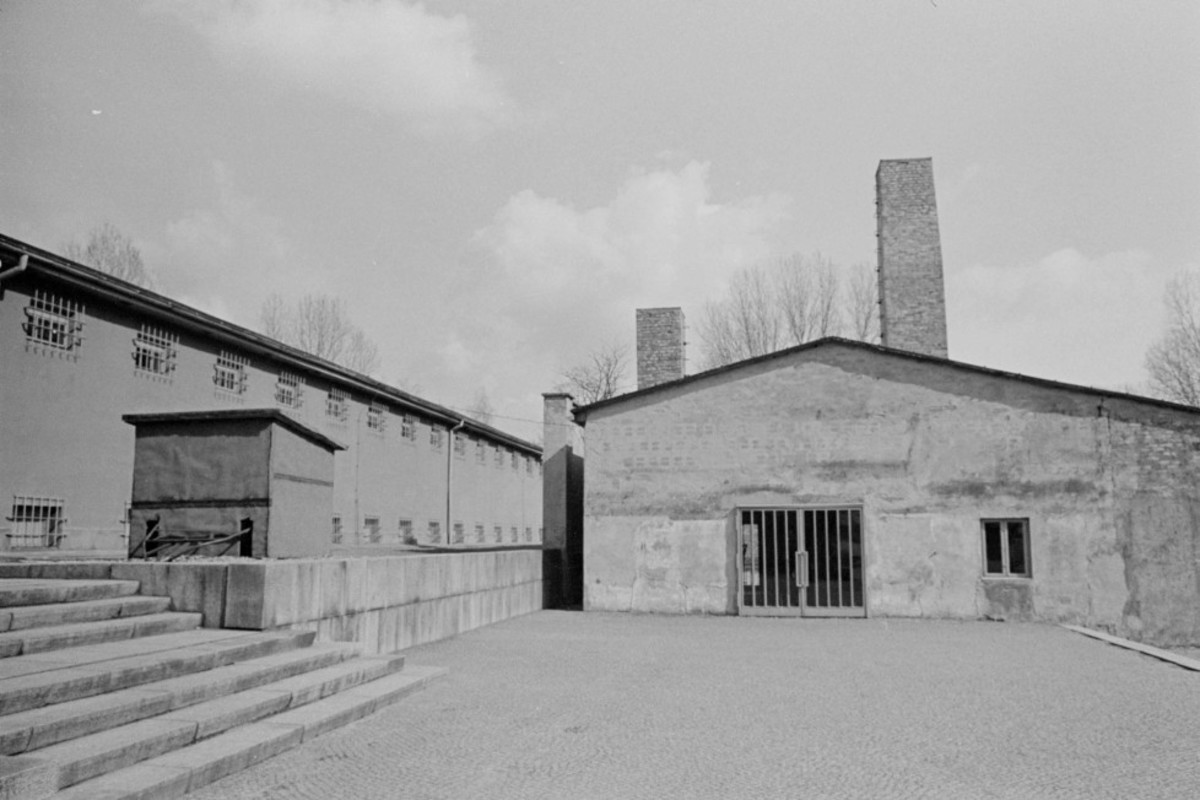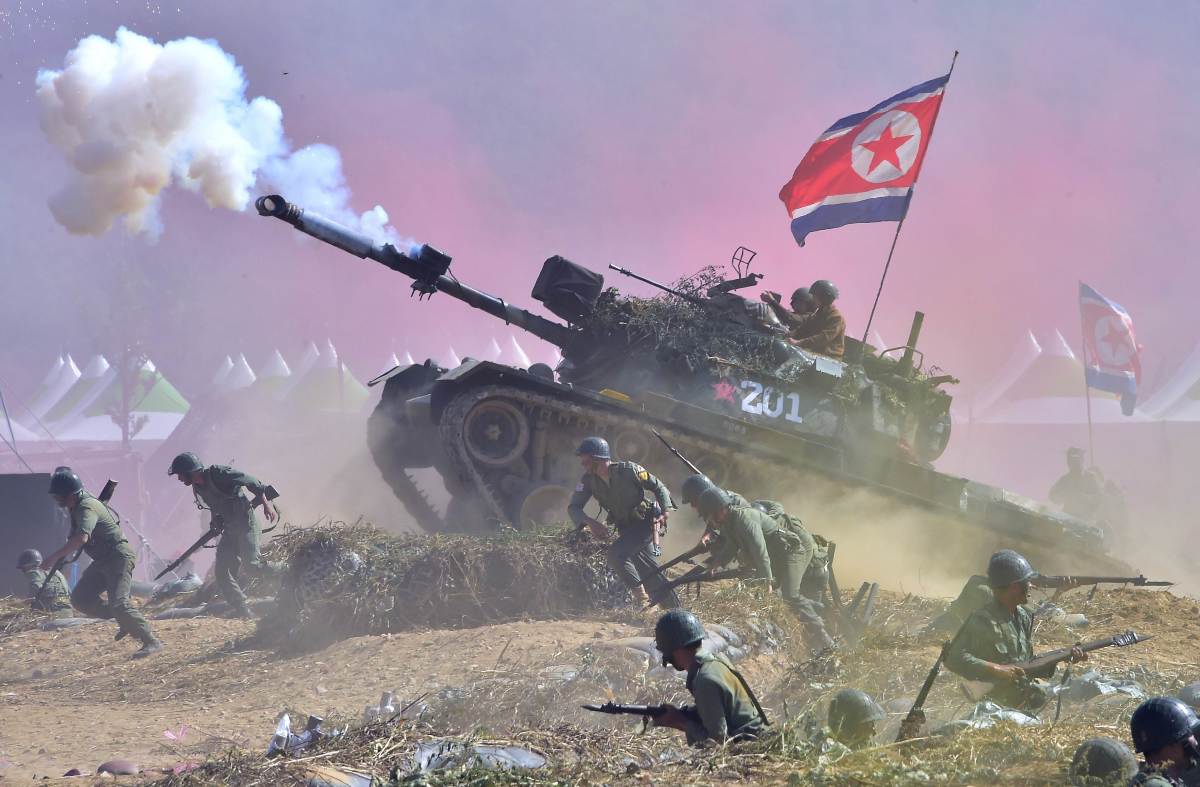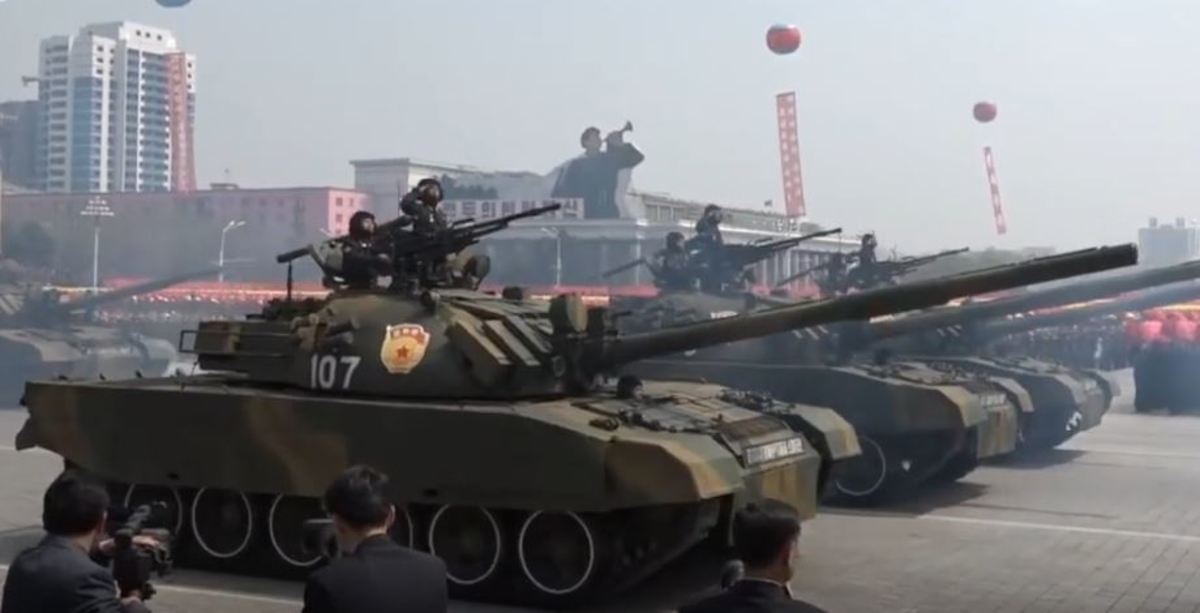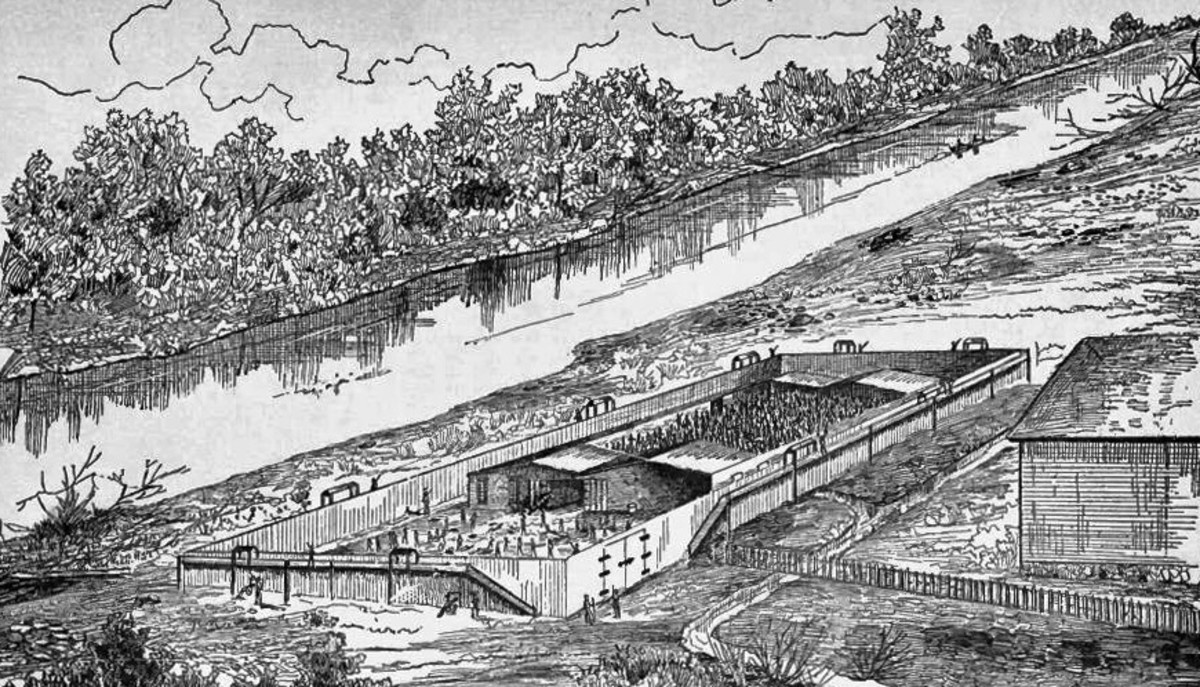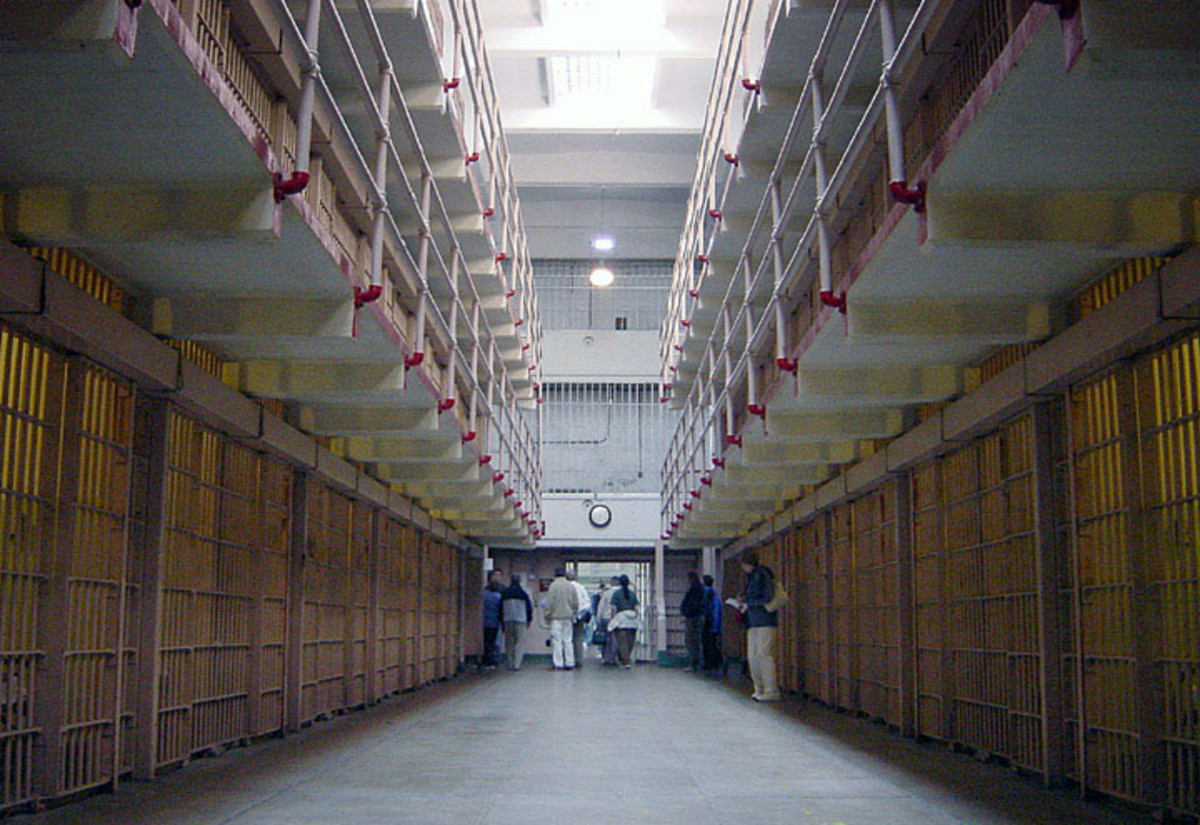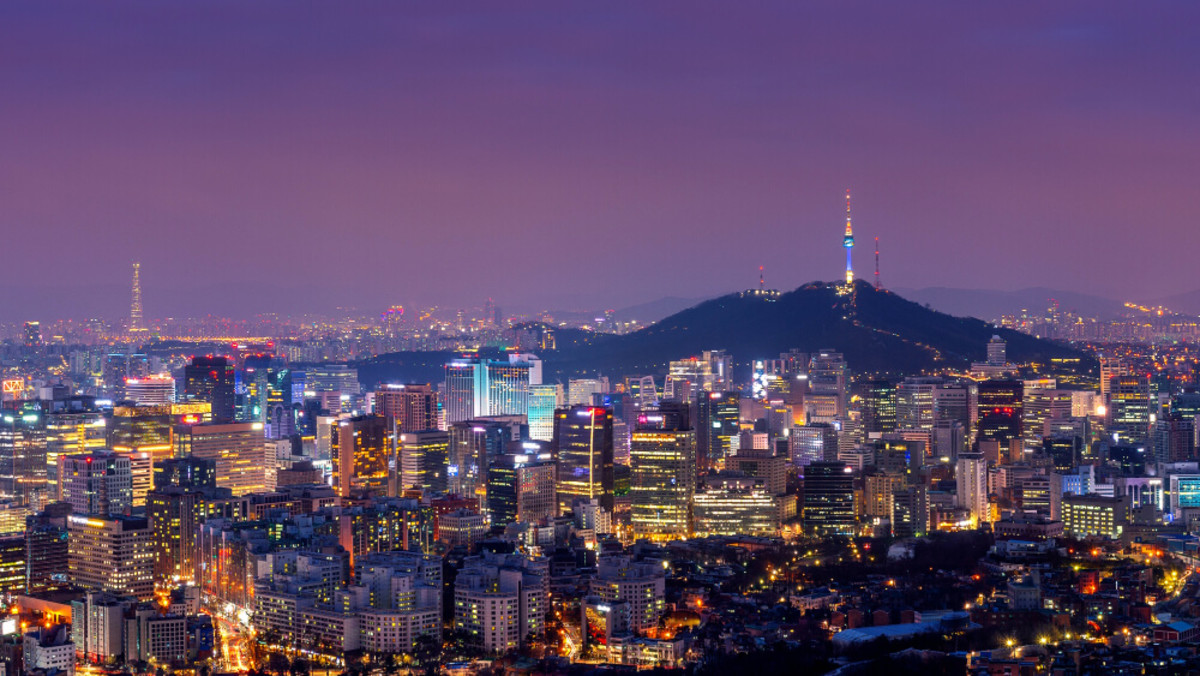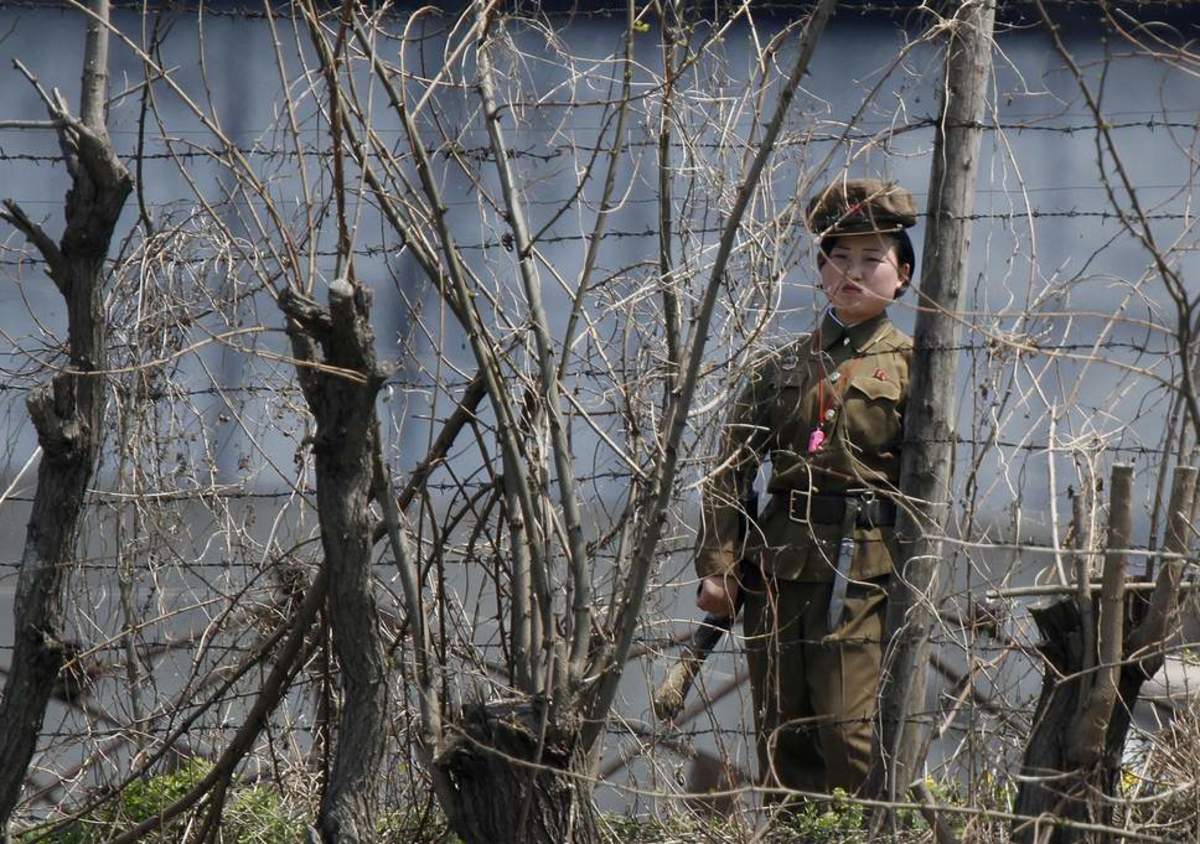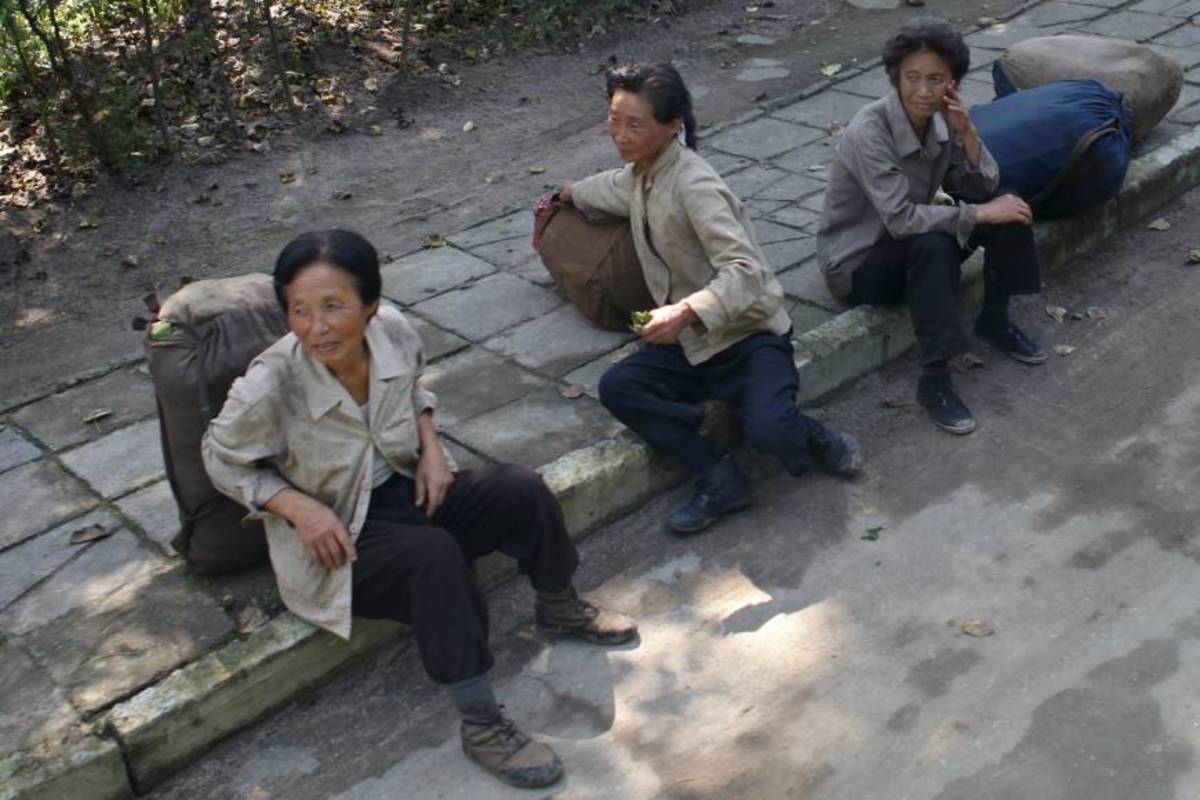The Secrets of North Korean Concentration Camps

Defectors share their stories
North Korea, a communist country with a population of roughly 24 million people, is known for its weapon-making nuclear facilities and its juche ideology.(self-reliance principle) Although Korea stopped fighting in 1954, the Korean War has never officially been called off. North and South Korea are now divided into two countries. The suspicious communist regime sends many of its own to concentration camps, referred to as gulags, any civilian or militia personnel who are even suspected of spying for enemy states or have shown animosity towards the regime. But it’s not just so-called spies and political naysayers who are sent there: it also includes the families of the accused too, to the third generation. Approximately 150-200,000 people are imprisoned there.1 The camps are unlike any sort of ‘prison’ known to modern society. The closest semblance to modern times would be Nazi concentration camps. The camps are extraordinarily brutal and violate uncountable human rights. While the North Korean government denies any wrongdoing or mistreatment, the testimonies of defectors clearly contradict what the DPRK has to say about them: they are a place of horror, literally hell on earth.
Right now, the camps are filled with the descendants of Koreans who either fought against or were accused of fighting against the North during the Korean War in the early 1950s, and are imprisoned for life. Yes, children are born into these camps, only with the approval of the guards and as a ‘reward’ for hard work. As the late DPRK leader Kim Il-sung commanded: "Factionalists or enemies of class, whoever they are; their seed must be eliminated through three generations."2
Those who managed to escape North Korea and defect to the South tell stories of slavery, daily beatings, horrendous ‘working’ conditions that usually lead to early death, torture rooms, human-experimentation labs, monthly executions, utmost distrust of one another, and never-ending hunger. Perhaps the most startling confession of all is by a former North Korean prison chief.
“For around three years, I enjoyed torturing people”
Before defecting to the South, Mr. Kwan Hyuk, a former senior office intelligence agent and prison chief of Camp 22, describes a detailed layout of the camp: “The prison camp is surrounded by 3,300 volt electric fence, two and a half meters high. Inside of the fence is a mote surrounding the camp about eight to ten meters deep and wide. On the bottom of the mote is spikes sticking up designed to kill any prisoner who falls while trying to jump over it. No prisoner can escape. Not a single day goes by without there being torture, even if there’s no reason. If I was in a bad mood, I would find an excuse. It’s just like pigs or dogs. You could beat them every day. For around three years, I enjoyed torturing people. But the pleasure wears off, year by year.”3 Mr. Hyuk believed that all of the prisoners deserved to be there, including the children. That is what the Korean government and his superiors engrained in him. He tells stories of prisoners and their families who were used for biological and chemical warfare experimentation. Mr.Hyuk did not realize that his actions were wrong until after he defected to the South.
“I couldn’t even kill myself there”
One former prisoner, who was freed by the DPRK and then fled to the South, recalls the worst form of torture: “The most unendurable torture was putting me in a very small room with water up to my waste. I could neither sit nor lie down, and I had to stay like that for 48 hours. When I collapsed, they lifted me, and forced me to stay like that. It was unbearable…They handcuffed me, and left me hanging from the ceiling, with only the tips of my toes touching the ground, and they left me like that. I couldn’t stand the pain. They also made me kneel down with a pole jammed against the back of my knees, and trampled on my legs with their boots on…it was an awful experience. I couldn’t even kill myself there, though I tried.”4
“Babies inherit their mothers’ guilt”
Lee Soon Ok, a former Worker’s Party official turned-prisoner also recalls being tortured for no reason and begging the guards to kill her. Lee, who was accused of falsifying accounts and then sentenced to prison, was released years later and then defected to the South. Aside from the personal torment she endured, Lee recounts the regular slaughter of babies born to prisoners: “As for women of political prisoners, their babies inherit their mothers’ guilt and must be killed. When the baby is born an officer suffocates the infant by stepping on it in front of the mother. The mother screams and begs for her baby’s life. It’s indescribable. I saw all this.”5
“Freedom is broiled chicken”
There is another defector, although this remarkable man had absolutely no authority like Mr. Kwan had, nor was he freed by the North Korean government like Ms. Lee was. He was born in a prison camp, and is the only person known to ever escape the electric-fenced compound alive. Camp 14 was the only ‘home’ he had ever known. Only babies like he, who were conceived with the prison officers’ permission, are allowed to live.
Meet former prisoner Shin Dong-hyuk. On November 19th 1982, Shin was born in Camp 14, a mountainous region north of Pyongyang along the Taedong River. He lived in a one room barrack-like house with his mother and older brother. His happiest memories are of hunting rats and insects with the other prisoner boys to fill his hungry belly. He did not know the concept of family and treated his mother and brother like fellow prisoners, as they did he. He was taught from a very young age to trust no one and to rat out any suspicious behavior, especially from his parent or siblings. Doing only what he was taught, Shin overheard his mother and brother plotting an escape plan and reported them to the authorities. He informed the prison officers of their plan, and without emotion watched his mother and brother’s execution for plotting to escape. Even with that, he was convinced that they got what they deserved; for obedience to the guards was the only loyalty the boy had been taught. When asked later by CNN newscaster Anderson Cooper if he knew what ‘love’ was, Shin said he hadn’t heard of such a concept in prison, and that he still didn’t know what it was. He remembers his family being a competitor for food, with the very little they were allotted. He tells stories of daily verbal and physical abuse, and witnessed the fatal beating of a 6 year old classmate at the hands of the teacher, whose only ‘crime’ was hiding a couple ears of corn.
Even though Shin uncovered his mother and brother’s plan to escape, the officer he told concocted a different story, making Shin look like a guilty participant. Shin was continually tortured in suspicion of conspiring with their escape attempt.
Shin’s father was also at the camp, but he and Shin didn’t speak much. Like all prisoner couples, his father wasn’t allowed to live with his family, and only was allotted five conjugal visits a year, as a ‘reward’ for good behavior and hard work. Shin’s father seemed to love his son from a distance.
It wasn’t until Shin met a new prisoner, Mr. Park, that he discovered that the outside world was different place than within the electric fences of Camp 14. Mr. Park had experienced freedom that Shin had never even heard of: he had traveled to China and had eaten all sorts of delicious foods. Shin was amazed, because he had always been so hungry, surviving off of rats and insects for protein. Hearing stories of having a full belly and eating broiled chicken made Shin determined to escape. Being unaware of any other advantages of freedom, he told Cooper that he believed then that “freedom is broiled chicken”.6In 2005, when Shin was 22 years old, he and Mr. Park devised a plan to escape…
A beam of light in the darkness
Shin, Park, and Lee bear the physical scars of prisoners. That said, the internal wounds are much more difficult to heal. Defectors feel intense sorrow and worry for their loved ones once they escape. When Shin realized that the outside world treated their families with love, he began to feel deep remorse for turning his mother and brother in. His way of seeking their forgiveness, though they are no longer on this Earth, is by sharing his story and campaigning for human rights, particularly those in North Korea. What Shin wants from all of us is to learn about his story and share it with others as well. Perhaps you are feeling hopeless and that there’s nothing you can do. Don’t feel hopeless; because of all the people who should feel hopeless, Shin has hope. Shin has a Facebook page where he posts updates and urges his audience to learn, to pray, and to act. We must remain vigilant, pray ceaselessly, and put continual pressure on world leaders and the North Korean government until these prisoners receive freedom and justice.
Shin’s book is out now. Escape from Camp 14: One Man’s Remarkable Odyssey From North Korea to Freedom in the West by Blaine Harden is a heart-wrenching, fascinating book that I urge you to read.


